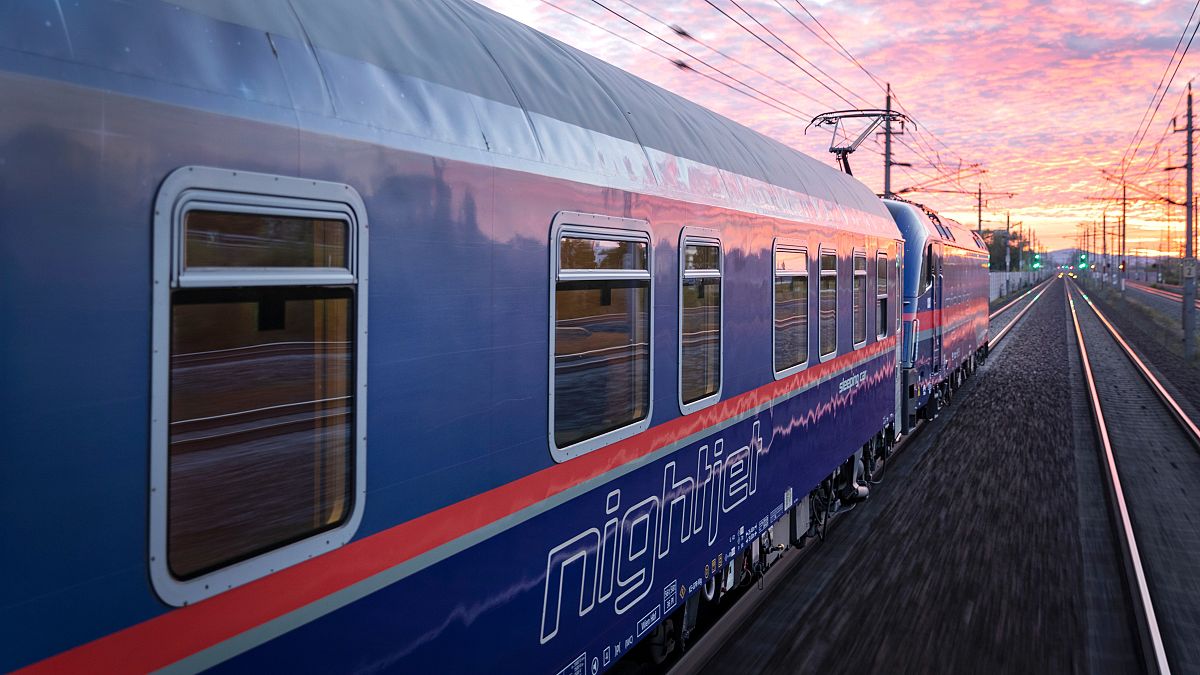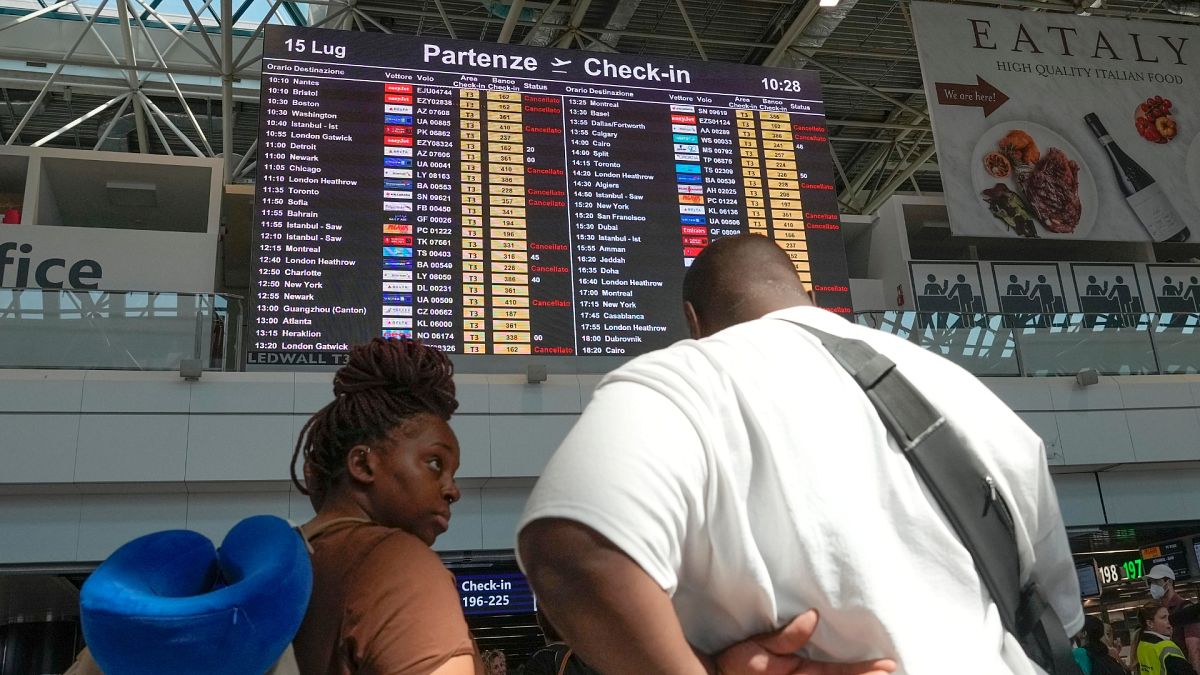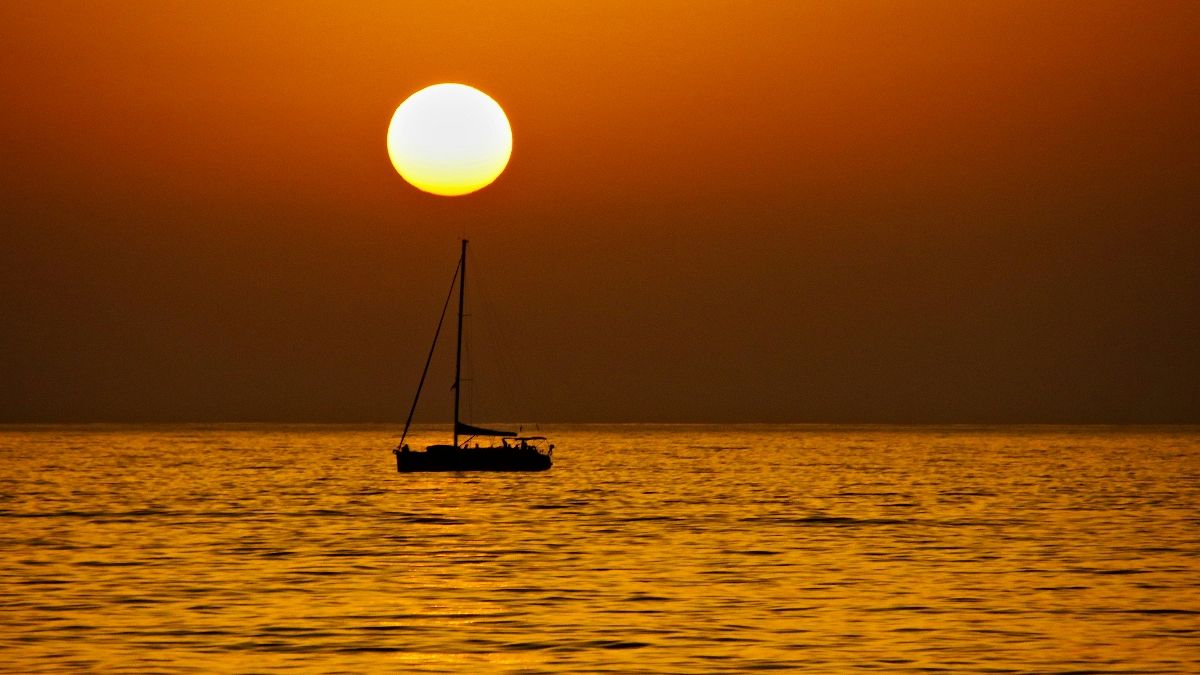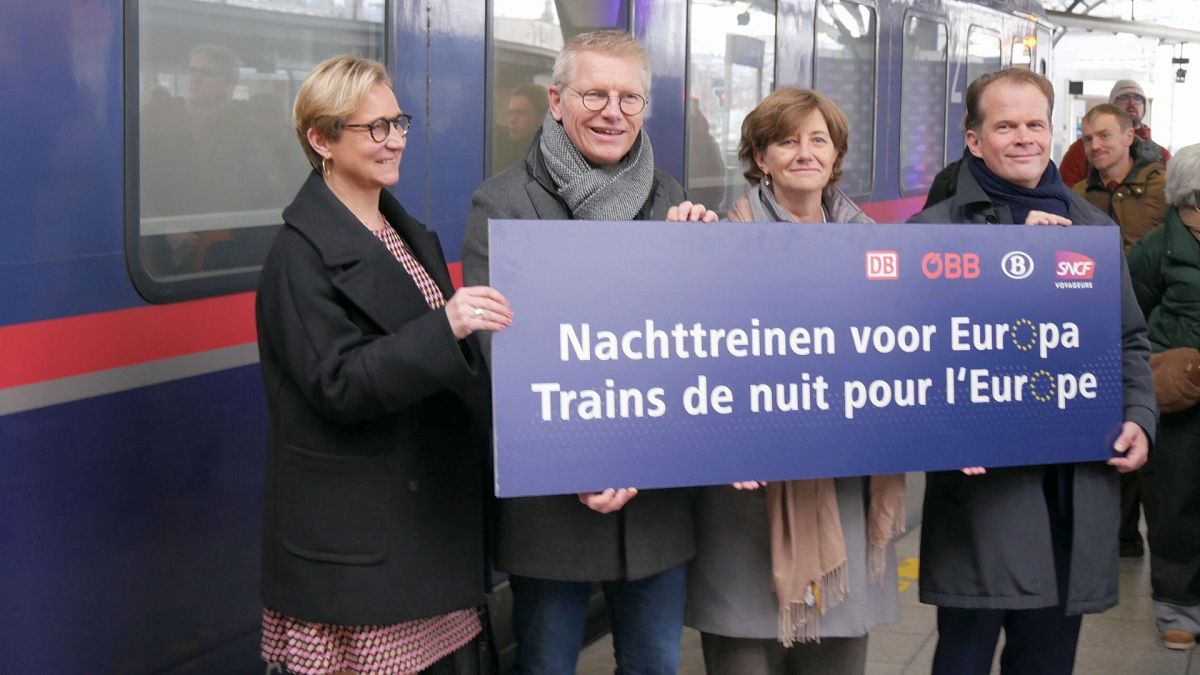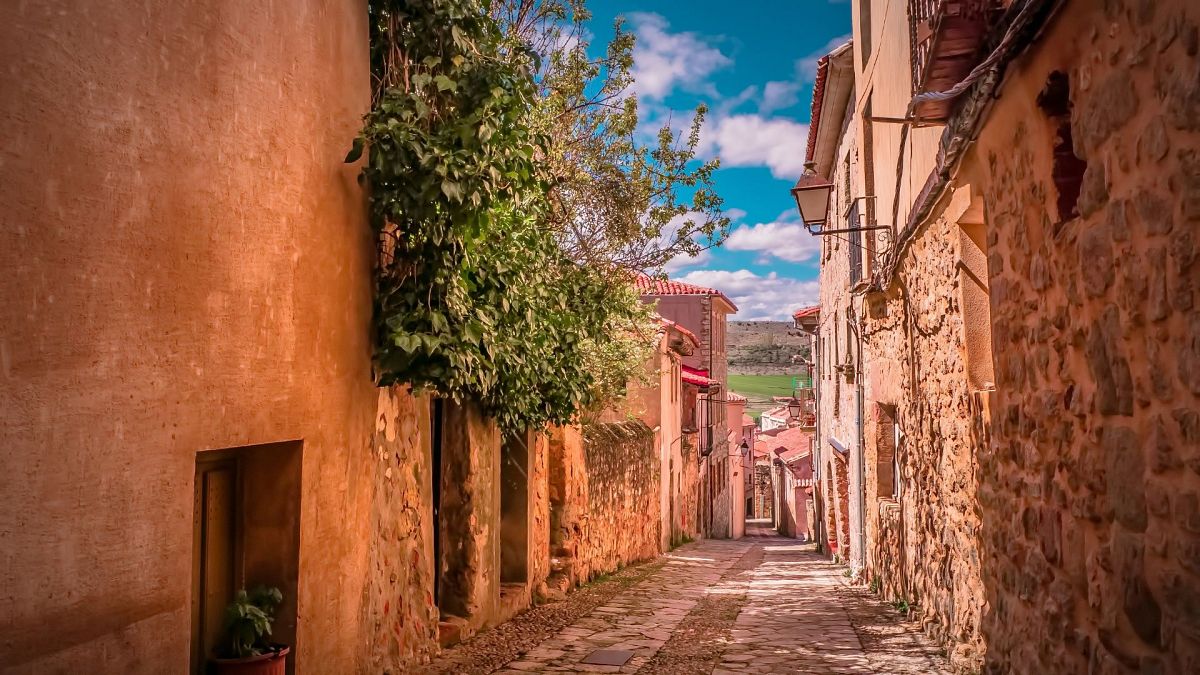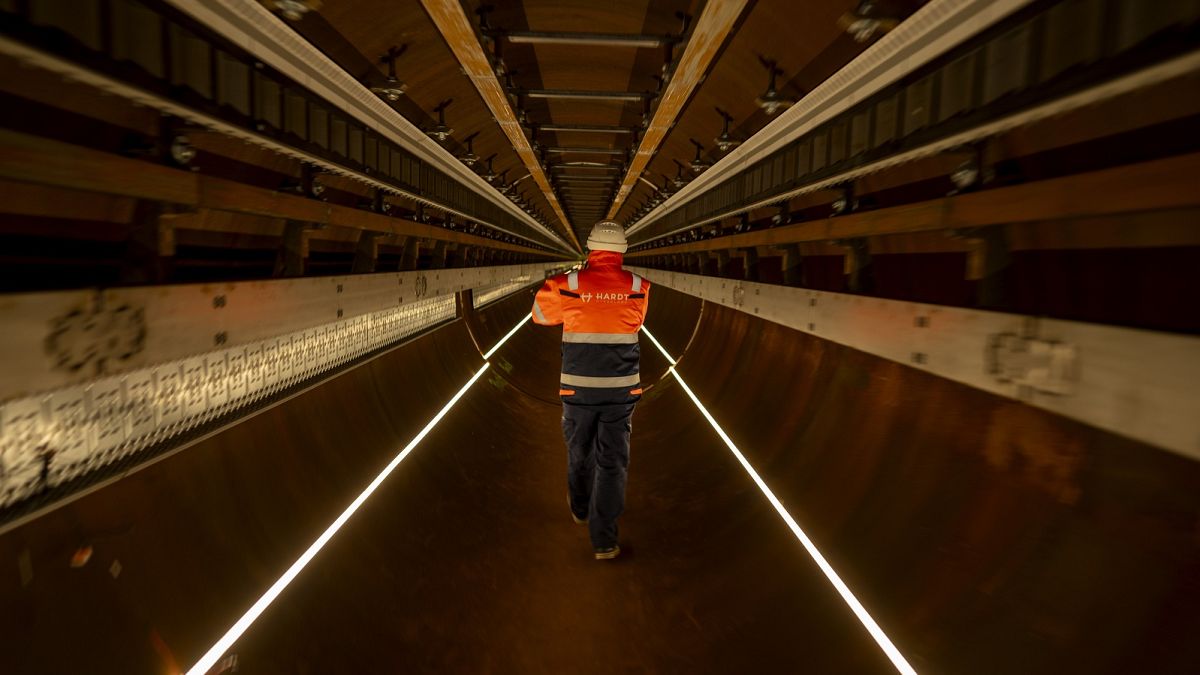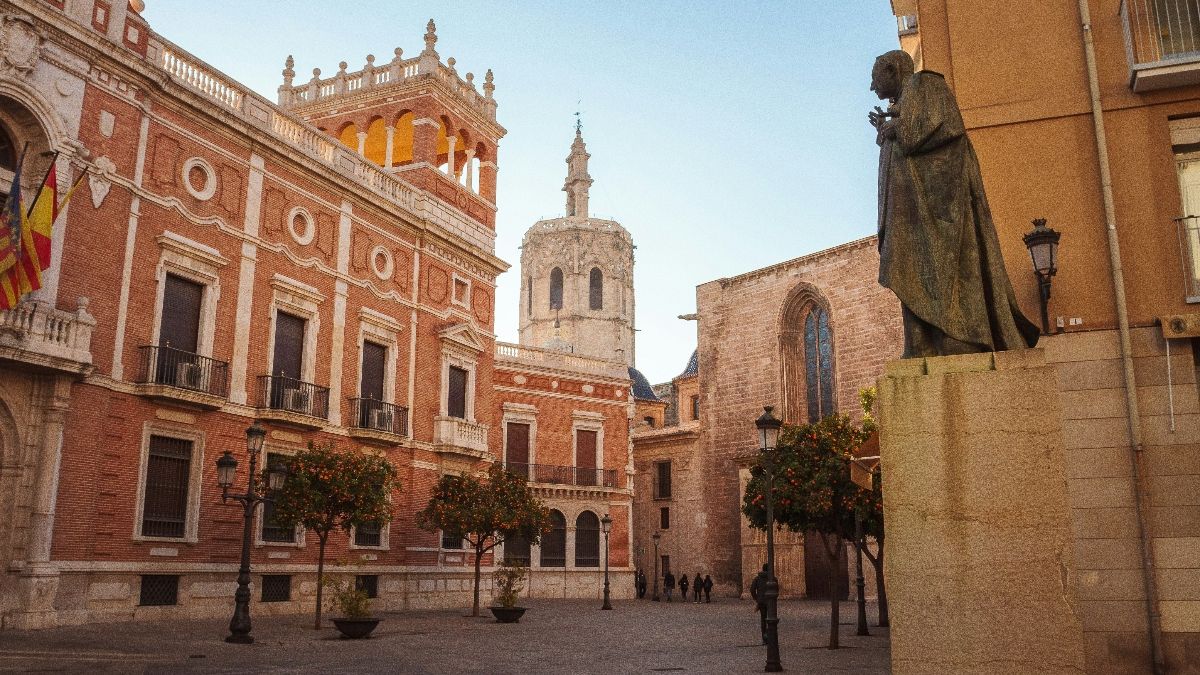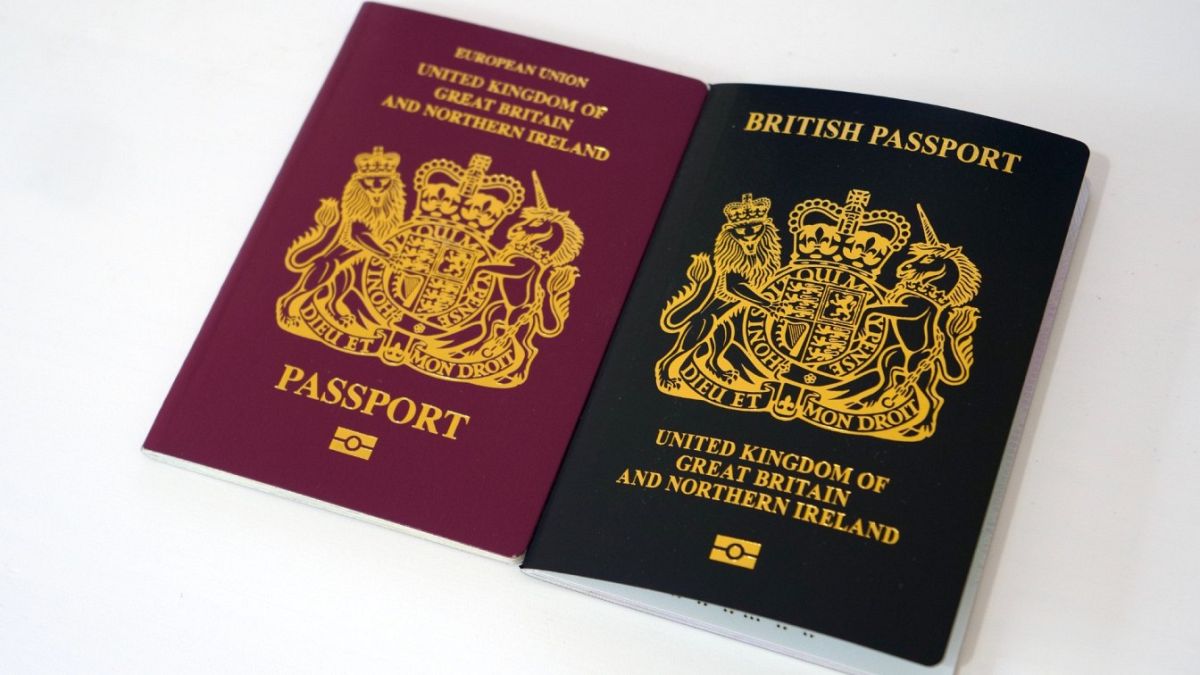‘An anchor in the sea of reviews’: What do hotel star ratings mean?

Euronews Travel spoke to Markus Luthe, the President of the European Hotelstars Union, to find out exactly how the star rating process actually works.
When you’re booking a hotel for an upcoming trip, have you ever wondered how a destination achieves its ranking? You’re not alone.
Across Europe, 21 member countries and five observer nations take part in a standardised rating process by several official bodies – meaning their hotels can achieve from one to five stars, depending on various criteria.
The Confederation of National Associations of Hotels, Restaurants, Cafés and Similar Establishments in the European Union and European Economic Area – far more succinctly known as HOTREC – is the umbrella association of these ranking authorities.
Euronews Travel spoke to Markus Luthe, a member of HOTREC’s Executive Committee, as well as CEO of the German Hotel Association and President of the European Hotelstars Union AISBL, to get the inside scoop.
How are hotel star ratings decided?
Throughout Europe, the 21 nations use a common classification system which rates hotels with stars. Each is rated based on 247 criteria, spread across five categories.
Under the patronage of HOTREC, all members of the Hotelstars Union classify their hotels based on the exact same set of criteria – also known as the 21 HOTREC principles.
“Each criterion is assigned points based on its significance, ranging from 1 to 20 points. There is a list of mandatory criteria for each category, and additional criteria that can be used to gain more points,” Luthe tells Euronews Travel.
“Meeting the minimum criteria alone is not enough to achieve a star category. Hotels that meet all the mandatory criteria in their category and offer an exceptional level of service are awarded the “Superior” suffix,” he adds.
There are, though, exceptions to all rules. Hotels with up to four stars can still achieve the ranking while operating without a restaurant. In such cases, they can still be sold as a “hotel without restaurant” or “garni”, the latter a term common in France and Germany.
How do hotel star ratings differ across Europe?
Despite the Hotelstars Union wielding a great deal of power over hotel ratings in much of Europe, some nations – including France and Portugal – use their own national systems.
In other countries, like Finland and Norway, there is no star classification at all.
At the other end of the spectrum, Spain and Italy use 17 and 21 separate regional classifications respectively to rank their hotels.
“We are in close contact with these countries, but each of them has its own reasons for not (yet) participating in the Hotelstars Union. These are in particular structural political reasons, the institutions involved or specific market conditions,” Luthe tells Euronews Travel.
What does the star rating process look like from start to finish?
The process for obtaining a star classification may different slightly between countries, Luthe explains, but the vast majority begin in a very similar way.
Hotel owners must fill out a comprehensive self-evaluation questionnaire, which is then submitted for review by the Hotelstars Union.
After it’s been evaluated, the Union will conduct an on-site audit to check the hotels aren’t marking their own homework too highly.
If the inspection is completed to the satisfaction of the Union, the relevant star classification will be awarded – but it’s not always so straightforward.
Luthe says there are two possible scenarios if hotels aren’t worthy of the rating they’ve given themselves – or, indeed, if they don’t qualify for any rating at all.
“The first scenario is when a hotel advertises with stars even though it is not classified.
Such hotels are contacted and requested to remove those stars. If the hotel does not comply with the request, a report can be made to the national consumer or competition protection agency,” he tells Euronews Travel.
“The second scenario is when a hotel in the classification process does not fulfil the minimum criteria required, for instance concerning hygiene or safety. In such cases, the hotel doesn’t obtain any classification at all,” Luthe adds.
Do hotels which sell themselves as having 6 or 7 stars really earn that rating?
A number of hotels globally try to sell themselves as ‘above’ the official rankings, claiming they offer 6 or even 7 star services.
In Europe, HOTREC member countries have agreed to classify their hotels exclusively on the traditional five-star scale.
While this seems to preclude the existence of 6 or 7 star establishments, there is a higher rating which can be given to the very best destinations.
5-star Superior ratings, Luthe explains, can be awarded to “top establishments within each category that usually stand out for their particularly high level of service.”
He and his colleagues refute claims that there are hotels which can accurately describe themselves as any higher than this level.
“If hotels with more than 5 stars occasionally appear in the media, then, to our knowledge, these are purely advertising messages of the hotel or media, which are not based on an official catalogue of criteria,” Luthe tells Euronews Travel.
“In our view, it is also unwise to increase the maximum number of stars achievable for each new extreme luxury hotel by one or more levels, as if the classification were moving upwards on an open Richter scale,” he adds, “This would deprive the consumer of security rather than providing additional transparency.”
How long do star rankings last – and how easy is it to improve them?
Once a classification has been obtained, it is valid for up to six years – depending on the country.
When this period comes to an end, the process starts again and a new audit must be carried out on site.
“If the hotel has stayed on the ball and made the necessary investments or adjustments, it will be awarded the same stars again when it is re-classified,” Luthe says.
“Otherwise, it has the option of either being downgraded or making the necessary adjustments within a certain period of time in order to remain in its category,” he adds.
If a hotel has worked hard on improvements and wants to achieve a higher category, HOTREC ensures it makes the necessary adjustments and investments to reach the standard of the new rating.
Another audit will make sure the adjustments have been made and the new criteria is met accordingly and then the hotels can move up a level.
How important are star ratings for European hotels really?
“In some member countries of the Hotelstars Union the classification is free of charge, in some countries there is a fee that has to be paid per classification,” explains Luthe, “In any case, the star classification provides a good added value for money and is more cost-effective than print media advertising.”
Certainly, most hoteliers we have spoken to say the rating process is a hoop necessary to jump through in order to appear in customers’ sights.
But how important are these rankings to travellers really?
“For guests,” Luthe says, “the star rating is still one of the main criteria for choosing a hotel, as they know at least roughly what they can expect from a 3-star hotel, for example.”
HOTREC say that tourists benefit from an internationally harmonised system, which offers genuine comparability of offers across national borders.
Luthe explains the rating system is perhaps more useful in the modern world, where everything can be found online.
According to HOTREC, hotel stars remain as one of the most frequently used search filters on booking portals.
This appears to be of benefit to both travellers, who often use stars to narrow down their hotel search at an early stage, as well as the booking sites themselves.
Despite first person reviews from guests being commonplace, Luthe says the sites are increasingly turning to ratings to help them market hotels.
“More and more online portals are recognising the special importance of hotel classification and are reserving star symbols exclusively for officially classified hotels,” he says.
Source: Euro News


